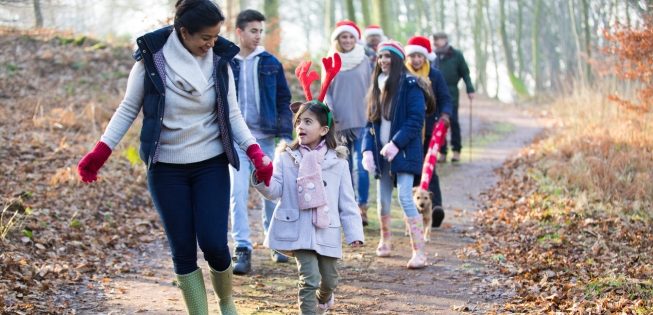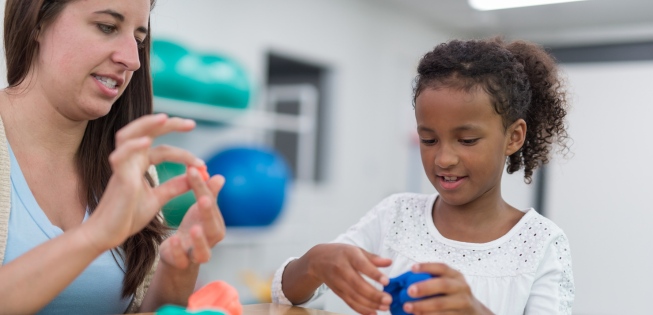
Helping kids of all ages to live a more active life through FUNctional movement.
Welcome to Play On Pediatric Therapy
Call

As parents, we often find ourselves wondering about our child’s development, particularly when it comes to physical coordination. It’s natural to want to ensure that our little ones are developing the skills they need to thrive. But how do you know if your child is coordinated enough? In this blog, we’ll explore what coordination means, the stages of motor skill development, and tips for fostering your child’s physical abilities.

You may have heard the term in-toeing or pigeon-toed walking, which refers to when feet are pointing inwards in standing and/or walking. This may be noticed in your baby and then become more evident as they grow and learn how to walk, run, and play sports. Some kids may naturally outgrow this without any challenges, and others may not. Read on to learn more about this and some options, like pediatric physiotherapy, to help your child.

As a parent of a child with neuromuscular conditions such as Cerebral Palsy (CP), you understand the unique challenges and joys that come with nurturing their growth and development. Alongside medical care and therapy, integrating strength training into your child’s routine can be a powerful tool in promoting their overall well-being, confidence and independence. In this blog, we’ll delve into the significance of strength training for children with CP, explore some effective ways to get started, and discuss crucial safety precautions to ensure your child’s safety and progress.

If your child is struggling with potty training past the age of 3 or 4, it’s essential to approach the situation with patience, understanding, and the right strategies. In this blog, we will explore some effective strategies, taking a pediatric physiotherapy and occupational therapy perspective, to help your child overcome potty training difficulties.

It can be hard to stay motivated to move in the winter months, especially in colder weather. Making physical activity a fun, family affair can make it easier. Here are some ideas to make getting in movement fun!

ADHD is a commonly diagnosed childhood disorder, and there are many other reasons for childlren to display ADHD like behaviours and mannerisms. A child with ADHD and/or related symptoms can struggle in many settings and easily become dysregulated. There are many treatment and management options that can help support these symptoms. A specially trained physiotherapist who works with children can help be a part of the solution for helping kids with ADHD symptoms.

We hear a lot about kids needing to learn to regulate better, and have better self-regulation. There are many strategies taught to kids to improve on this. Something that is a fundamental part of children learning to self-regulate is ‘co-regulation’. Learn more about what this is and how it can help improve a child’s self-regulation.

Soon we “fall back” and turn our clocks back one hour to mark the end of daylight savings time. I used to love this weekend – having one extra hour of sleep… but kids don’t always get the same message, and if you have early risers now, this could mean even earlier rising. How can you help your family through this change? You have a couple options and no matter which approach you take, you will make it through!

Your child’s registered physiotherapist or occupational therapist might ask you if you (or your child) would be ok to work with an OTA/PTA. The therapist would explain to you that they will still be making the plans, but the OTA/PTA will be the one to follow through with the therapy session and then would report back to the therapist. But, what is an OTA/PTA and why would you choose to work with them? Here are the basics to help you better understand this role and how they can be an integral part of your child’s therapy journey.

Back to school means back to using backpacks regularly. Make sure you help reduce the chance of injuries or pain by buying one that fits properly and then NOT over filling it. Learn out top 4 tips for this.


Helping kids of all ages to live a more active life through FUNctional movement.
Call us anytime

Recent Comments